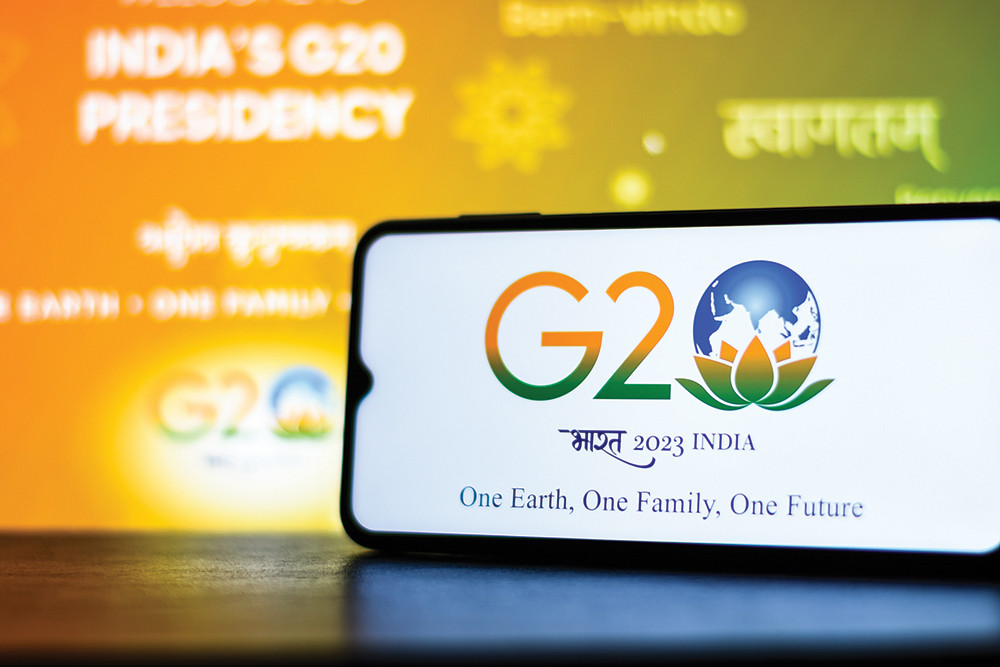
Leading technology and business circles are agog with talk about artificial intelligence (AI). In fact, it is more than mere thought and talk.
Will scientists be able to create devices more intelligent than humans? Will companies be able to put that knowledge to practical use and make our lives more fruitful? Will we be able to have more leisure time for pleasure and creative pursuits? Or will AI render a large section of the population jobless, unleashing social and political unrest? Or even worse, will AI-driven machines and devices turn upon us, their own creators, and annihilate the human race as we often see in science fiction and films?
These questions bother us even as we are way away from the imaginary prowess of AI. But why are then some of the best minds in technology and business engaged in making AI a living reality sooner than later?
Corner rooms of business behemoths are increasingly becoming aware of the reality that very few corporate employees have real managerial acumen and ability. A recent Gallup study has found that only one in 10 people are equipped to be effective managers. On the contrary, AI is aiming at making everyone a manager, running his team of artificially intelligent machine employees. The human managers will need to be efficient enough to hire, manage and train their high performing AI teams.
Most of the menial tasks which occupy more than 50 percent of the time of human managers today will be, hopefully, executed by AI group of artificially intelligent software agents which would be specialising in very specific tasks from framing travel schedules to booking tickets to doing basic business research and analysis to sending out agreements for signature, to qualifying leads, et al.
With so much done by the AI software agents, the human manager will have more time to focus on his or her core job that, in a given case could be, building relationships with prospects and selling.
The best part is that AI agents do not complain and whine; they work 365 X 24 X 7. They remain at work even as you sleep or go out with the family for a picnic. Not just that, human managers will have more time on their hands to build relationships with their peers and other business stakeholders. Freed from menial jobs they will have the time and energy to interact, innovate and strengthen their companies’ cultures at different levels. Business will no longer be a mundane job. It will become more humane. There will be greater empathy and mutual understanding. Office and factories will become joyous places. All because the AI machine agents would be busy doing the routine and mundane tasks without throwing tantrums and threatening to quit.
However, this does not imply that the human manager can afford to sit on his haunches, twiddling his thumbs. AI machine agents need to be managed to a significant extent. The human manager will have to select AI agents which he needs to build a productive team and then hire them by signing up for their service. The agents will need to be tweaked, fed information and connected to other pieces of software which may be lodged in other agents. Non-performing agents will have to be weeded out as it happens with human employees. However, the human manager will not undergo any emotional turmoil in the severing of ties here!
It is thus obvious that AI agents can serve as cheaper, more efficient and powerful tools for single entrepreneurs and small start-ups. AI works out cheaper and more effective than outsourcing.
Being a paradigm-altering phenomenon, AI defies unanimity of views about its future. Michael Milford, professor, Queensland University of Technology, and Peter Stratton, post-doctoral research fellow from the same university, have divergent opinions on the subject.
This is what the two researchers had to say on the impact of artificial intelligence on society and jobs.
Peter: ‘Most jobs won’t be under threat for a long time, probably several generations. Real people are needed to actually make any significant decisions because AI currently has no common sense.
‘Instead of replacing jobs, our overall quality of life will go up. For example, right now few people can afford a personal assistant, or a full-time life coach. In the near future, we’ll all have (a virtual) one!
‘Our virtual doctor will be working for us daily, monitoring our health and making exercise and lifestyle suggestions.
‘Our houses and workplaces might be cleaner, but we will still need people to clean the spots the robots miss. We’ll also need people to deploy, retrieve and maintain all the robots…
‘Our goods will be cheaper due to reduced transport costs, but we’ll still need human drivers to cover all the situations the self-drivers can’t.
‘All this doesn’t even mention the whole new entertainment technologies and industries that will spring up to capture our increased disposable income and to cash-in on our improved quality of life.
‘So yes, jobs will change, but there will still be plenty of them.’
Michael: ‘It’s likely that a significant fraction of jobs will be under threat over the coming decade. It’s important to note that this won’t necessarily be divided by blue-collar versus white-collar, but rather by which occupations are easily automotable.
‘It’s unlikely that an effective plumber robot will be built in the near future, but aspects of the so far undisrupted construction industry may change radically.
‘Some people say machines will never have the emotional capabilities of humans. Whether that is true or not, many jobs will be under threat with even the most rudimentary levels of emotional understanding and interaction.
‘Don’t think about the complex, nuanced interaction you had with your psychologist; instead think about the one with that disinterested, uncaring part-time hospitality worker…
‘That leaves the question of what happens then. There are two scenarios - the first being that, like in the past, new types of jobs are generated by the technological revolution.
‘The other is that humanity gradually transitions into a Utopian society where scientific, artistic and sporting pursuits are pursued at leisure. The short to medium-term reality is probably somewhere in between.’
The experts know best but one somehow feels that AI growth will be incremental in nature particularly in the underprivileged countries. Things will not change overnight. Yet AI cannot be viewed as a fancy idea. It is very much a reality to be believed, respected and sought.
Basant Chaudhary is a Poet, Writer, The Chairman of BLC and Basant Chaudhary Foundation. ([email protected])
Basant Chaudhary is a Poet, Writer, The Chairman of BLC and Basant Chaudhary Foundation. ([email protected])
Published Date: January 18, 2018, 12:00 am
Post Comment
E-Magazine

Click Here To Read Full Issue
RELATED Business Sutra



